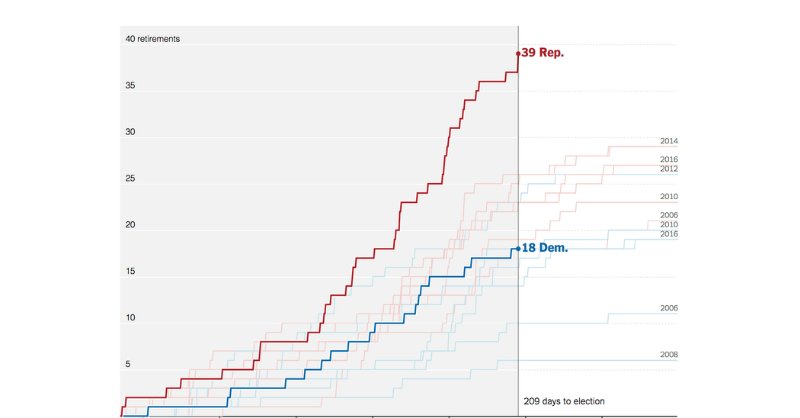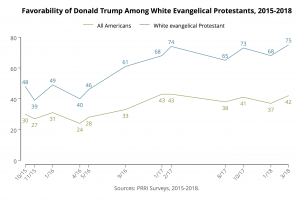After growing up in Washington, DC, earning degrees at Georgetown and
Columbia, working as a White House aide in two Republican
administrations, and logging many hours on the television talk-show
circuit, Buchanan was yet another insider who took up outsiderism. Specifically, he became a spokesperson for a faction of conservatism that disdained internationalism and free trade,
and even flirted with Holocaust denial. Bush’s support for NAFTA and
Israel outraged him. “He is yesterday and we are tomorrow,” Buchanan
said in his announcement speech. “He is a globalist and we are
nationalists. He believes in some Pax Universalis; we believe in the Old
Republic. He would put American's wealth and power at the service of
some vague New World Order; we will put America first.”
And if what “our democracy” has delivered here has caused tens of millions of Americans to be repulsed and to secede into social isolation, why would other nations embrace a system that produced so poisoned a politics and so polluted a culture?
“Nationalism and authoritarianism are on the march,” writes the Washington Post: “Democracy as an ideal and in practice seems under siege.” Yes, and there are reasons for this.
“Our Constitution was made only for a moral and religious people,” said John Adams. And as we have ceased to be a moral and religious people, the poet T. S. Eliot warned us what would happen:
“The term ‘democracy’ … does not contain enough positive content to stand alone against the forces you dislike—it can be easily be transformed by them. If you will not have God (and he is a jealous God), you should pay your respects to Hitler and Stalin.” Recall: Hitler rose to power through a democratic election.
Democracy lacks content. As a political system, it does not engage the heart. And if Europe’s peoples see their leaders as accommodating a transnational EU, while failing to secure national borders, they will use democracy to replace them with men of action.




